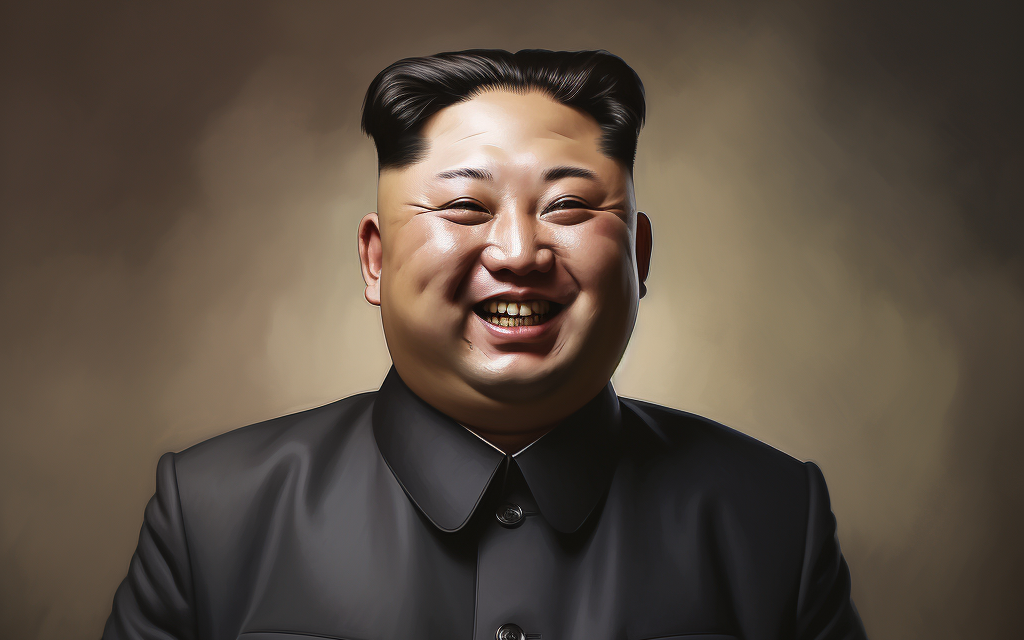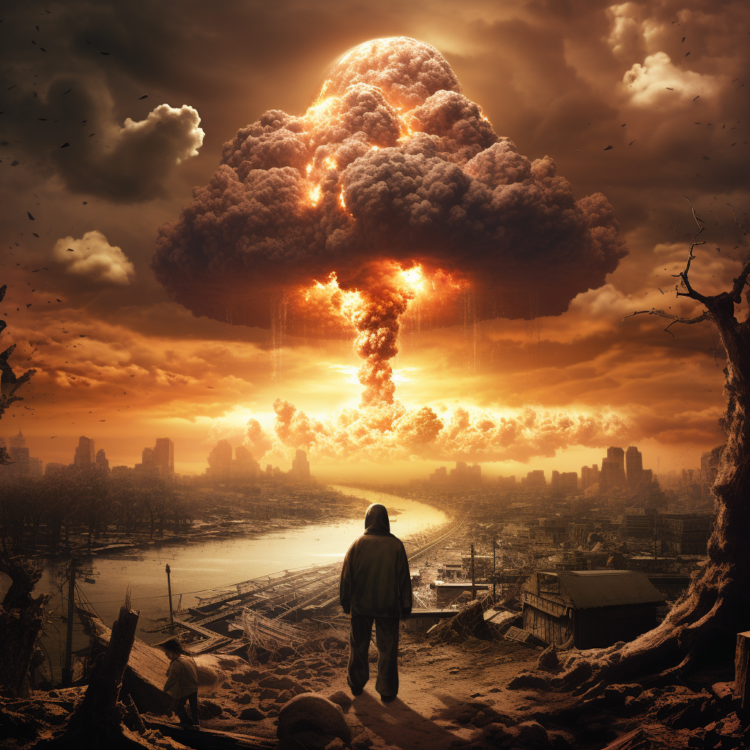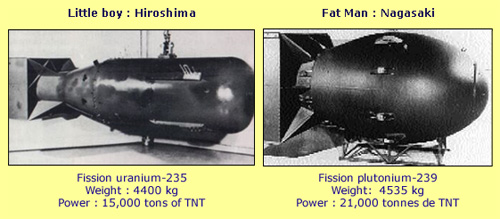Their relationship was akin to two gunmen standing in a standoff, each waiting for the other to blink. It was a tense, perilous balance of power, where a single misstep could tip the world into nuclear Armageddon.
Shaping the Landscape of War
Wars, as we knew them, changed. In the face of nuclear weapons, traditional warfare seemed almost obsolete. The doctrine of Mutually Assured Destruction (MAD) clarified that no winners existed in a nuclear war.
Instead, wars became colder, fought with spies, propaganda, and the threat of the nuclear hammer.
In places like Cuba, it was about a game of chicken, seeing who would back down first. Countries began to align themselves, not based on cultural or historical ties, but on who could provide the nuclear umbrella.
The world was divided, not just by ideologies, but by the looming threat of atomic annihilation.
The Nuclear Shadow on Society
And then there are the ordinary people living under the shadow of nuclear weapons.
We’ve learned to live with the idea that a war could break out at any given moment, potentially ending life as we know it. It’s given birth to a culture of fear and paranoia, reflected in our art, movies, and literature.
We’re the children of the atomic age, living with the paradox of a technology that can light up our cities or burn them to the ground.
Drills, bunkers, Doomsday Clocks, and peace marches now mark our lives. We’ve seen the rise of movements advocating for disarmament and non-proliferation and international treaties attempting to reign in the nuclear beast.
Yet, despite all these, the nuclear threat persists, profoundly shaping our global narrative.
A Legacy of Destruction and Hope
From the ashes of Hiroshima and Nagasaki, we’ve seen the destructive potential of nuclear weapons.
But we’ve also witnessed humanity’s resilience and determination to prevent such devastation from happening again. The legacy of nuclear weapons is dual: they have led to periods of tension and paranoia yet also sparked movements for peace and unity.

In the end, the true impact of nuclear weapons isn’t just about the mushroom clouds and radiation fallout; it’s about the world they’ve created: a world hanging in the balance, straddling the line between destruction and peace, fear, and hope.
A world that must never forget the lessons of Hiroshima and Nagasaki as it navigates its way through the complexities of the nuclear age.











COMMENTS